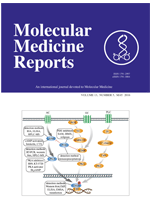 After questions from a reader, researchers took a second look at their data about the effects of a vitamin A metabolite on tumor cells, and realized their key finding was inaccurate.
After questions from a reader, researchers took a second look at their data about the effects of a vitamin A metabolite on tumor cells, and realized their key finding was inaccurate.
They’re now retracting the paper, from Molecular Medicine Reports, because it originally reported that higher concentrations of retinoic acid (RA) were more effective in curbing the proliferation of brain tumor cells. But it seems that the RA dose made less of a difference than they originally believed, according to the retraction notice:
Continue reading Does dose matter? Tumor killer paper thought so, now must retract
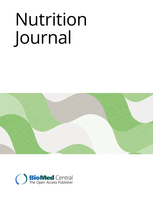

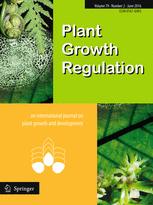
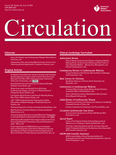
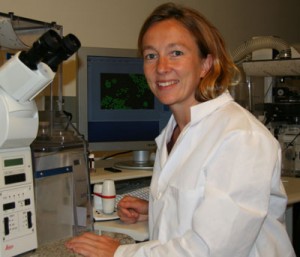
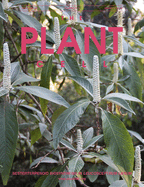
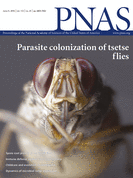 Researchers are retracting two papers about molecular signalling in plants —
Researchers are retracting two papers about molecular signalling in plants — 
